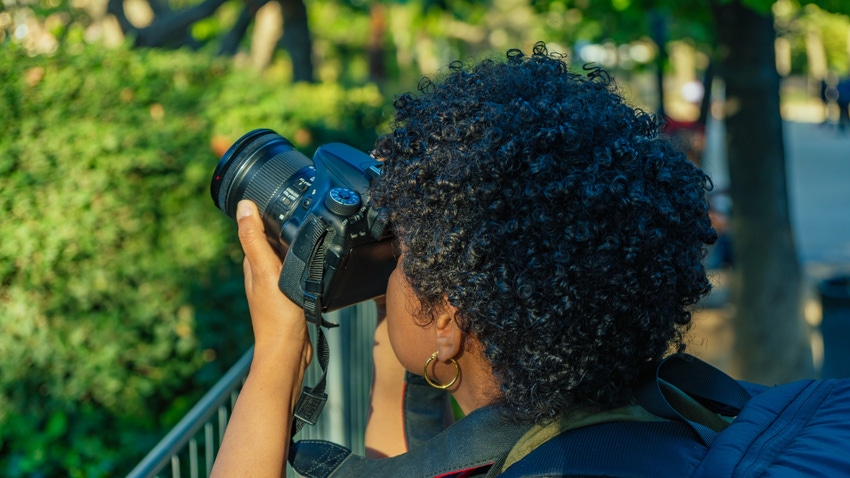Sony, Nikon and Canon Partner to Fight Deepfakes
Camera giants set a global standard for embedding digital signatures in photos, which they say are resistant to tampering

At a Glance
- Sony, Nikon and Canon have set a global standard to embed digital signatures in photos taken by their cameras.
- They also partnered with major news outlets to develop a web-based tool to check those digital watermarks.
Camera giants Sony, Nikon and Canon are joining forces to fight deepfakes by embedding digital signatures on photos taken by their cameras.
According to Nikkei Asia, these signatures are resistant to tampering and will contain data such as date, time, location and photographer. The three have aligned on a global standard for these signatures.
This feature will be available in their mirrorless cameras, which are those that capture images without a mirror in the camera body. Smartphone cameras also are mirrorless.
Nikkei Asia also reports that the camera makers have teamed up with global news outlets to create a web-based tool to check those digital watermarks.
Dubbed Verify, users upload an image and can obtain information on the date it was taken as well as the location and the person who took it. Verify then flags if an image has been tampered with or generated by AI.
The Associated Press and Reuters are reported to have field-tested the camera maker’s authentication tools. The camera giants are all developing respective solutions too. Both Sony and Canon are looking at incorporating digital signatures into videos.
Detecting deepfakes and AI-generated images is becoming a major focus for many in the AI field. Viral examples like the Pope in a puffer jacket or the fake explosion near the Pentagon showcased that social media users could be fooled.
The alliance comes as 2024 ushers in a year with many key elections around the world, including in the U.S. presidential election.
Other efforts to fight deepfakes include Meta’s Stable Signature, a method to embed watermarks into AI-generated images invisible to the human eye. Google DeepMind created SynthID which works for images as well as audio while MIT scientists have developed PhotoGuard.
About the Author(s)
You May Also Like


.jpg?width=700&auto=webp&quality=80&disable=upscale)
.jpg?width=700&auto=webp&quality=80&disable=upscale)

.jpg?width=300&auto=webp&quality=80&disable=upscale)
.jpg?width=300&auto=webp&quality=80&disable=upscale)
.jpg?width=300&auto=webp&quality=80&disable=upscale)
.jpg?width=300&auto=webp&quality=80&disable=upscale)
.jpg?width=300&auto=webp&quality=80&disable=upscale)